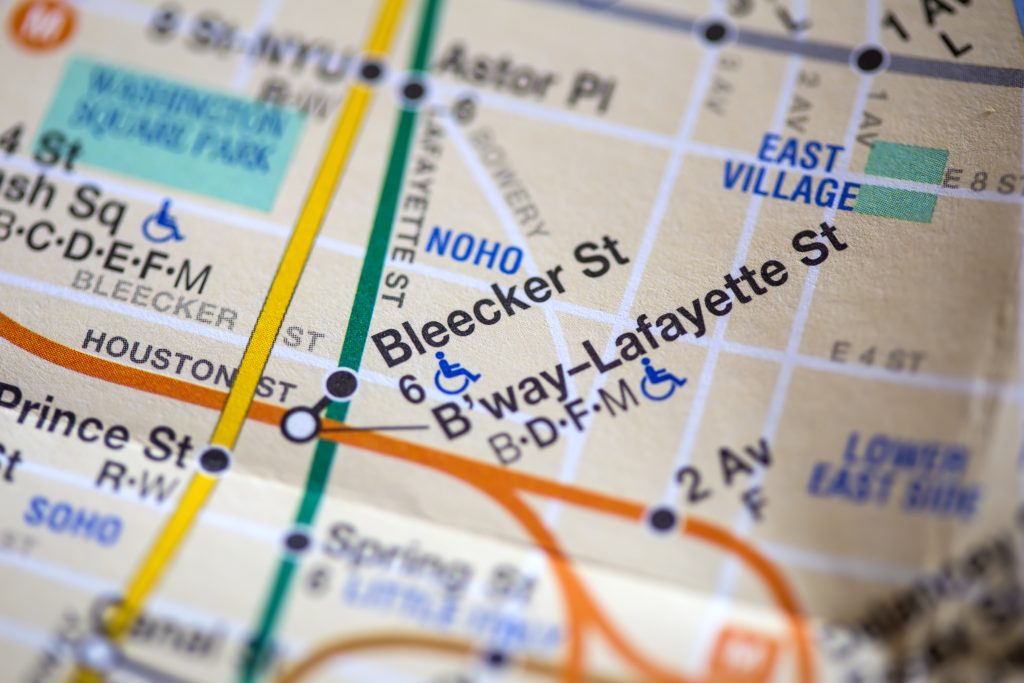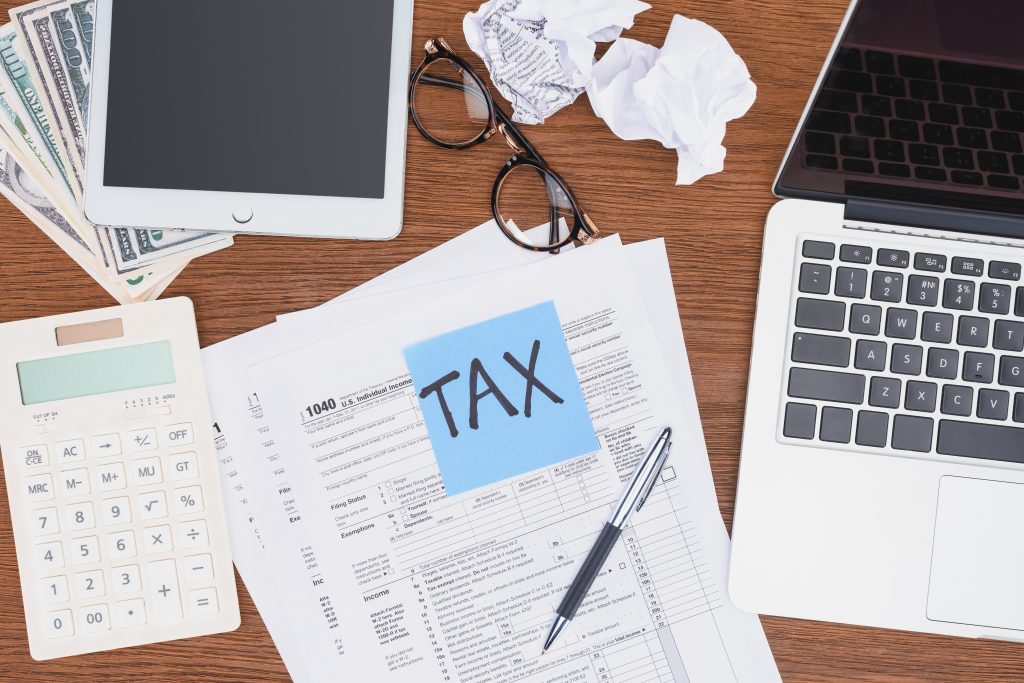Buying property in the Philippines is an exciting and significant endeavor, but it also entails a number of important duties such as sifting through numerous documents you need to ensure a legal and safe transaction. Understanding the required paperwork is critical, whether if you’re thinking about buying a house, or some vacant land, or even a condo in Las Pinas in order to safeguard your rights and ensure a smooth transfer of the property ownership. We will go over the essential paperwork for purchasing a property in the Philippines. Here are some important information that will be helpful to ensure a smooth and legally binding real estate transaction, and knowing what paperwork is needed to buy a property.
What is the law in buying property in the Philippines?
Certain legal requirements found in the Constitution, the Civil Code, and more legislation apply to the purchase of real estate. Only Filipino citizens or corporations with a majority Filipino ownership are allowed to own land, although foreigners are permitted to own buildings and condominium units. These restrictions are imposed by the constitution.
Foreign ownership of agricultural land is usually prohibited, although leases are allowed. Foreign ownership of residential and commercial land can be achieved through various mechanisms, such as long-term leases or ownership of condominium units, where foreign ownership is limited to 40%. All transactions have to follow the Torrens System of land registration, which includes registering with the relevant government agencies and obtaining the necessary documentation.

Engaging with a licensed real estate agent is common, and financing options are available through local and foreign banks. A number of taxes, such as the Documentary Stamp Tax and Capital Gains Tax, apply to property transactions.
The cost of purchasing real estate in the Philippines
Real estate prices vary greatly depending on a number of variables, including location, kind of property, and state of the local market. The capital region of Metro Manila is known for having more expensive real estate. Houses, townhouses, and even condo in Las Pinas are frequently more expensive. Provinces, on the other hand, provide comparatively more affordable options, though costs can vary between municipalities and cities. Another important factor is the type of property; for example, houses in suburban or rural areas may be less expensive than condominiums in urban centers.
The difference between the documents required in purchasing a condo
A Reservation Agreement detailing the terms of the reservation and evidence of billing may be necessary when buying a condo. Additional paperwork pertaining to the joint ownership and upkeep of common areas, such as a Certificate Authorizing Registration (CAR) to verify tax payments, is frequently involved in condominium transactions. Conversely, house purchases may emphasize documents related to the standalone property, with a focus on land ownership, such as Transfer Certificate of Title (TCT) and Tax Declaration. Buyers must be aware of these differences and work with developers or real estate agents to ensure a thorough and seamless transaction.
Vicinity Map and Technical Description
The precise location and boundaries of the property are made evident with the help of this map and description. A summary of the property’s surroundings is provided by the Vicinity Map, which aids purchasers in understanding the property’s position within the neighborhood or community. The boundaries and measurements of the property, however, are depicted in greater detail in the Technical Description. A copy of these documents is essential for potential buyers as it helps confirm that the specifications of the property are accurate and guarantees that they are fully aware of the features and location of a house or condo that you are interested in buying.

Proof of Identity and Citizenship
In order to be sure that the people buying the property are legitimate and acknowledged by the appropriate authorities, a copy of the property owner’s identity and citizenship is an essential requirement. A copy of valid government-issued ID, such as a passport or driver’s license, verifies the identity and citizenship of local buyers. An Alien Certificate of Registration (ACR) and a valid ID from the buyer’s home country are needed in the case of non-local buyers.
Documenting their legal presence and activities in the nation requires the ACR. This stringent verification procedure is designed to ensure that property transactions are carried out by authorized individuals only, thereby fostering transparency and adhering to legal requirements in real estate transactions.
The Property Title and Tax Declaration
A property purchase involves two essential documents: the property title and the tax declaration. A photocopy of the Transfer Certificate of Title (TCT) or Condominium Certificate of Title (CCT), which contains vital information about the property and its legitimate owner, is used as official proof of ownership. This document, which is essential for completing real estate transactions, establishes the buyer’s ownership rights.
The property’s assessed value and associated real estate taxes are also disclosed in the Tax Declaration for the asset. It guarantees that the property owner is aware of and complies with their tax obligations and is an essential document for tax purposes. When combined, these records protect the interests of buyers and sellers while enhancing the legitimacy and transparency of real estate transactions.
TCT and CCT
A TCT is typically issued for traditional land-based properties, such as houses and lots, signifying ownership of a specific parcel of land. On the other hand, a CCT is issued for condominium units, indicating ownership not only of the physical unit but also a proportionate share in the common areas and facilities of the condominium complex. When verifying a TCT, it is important to scrutinize the land boundaries, easements, and any annotations or encumbrances on the title. Verifying the precise unit description within the condominium complex, comprehending the conditions of joint ownership in common areas, and guaranteeing adherence to property rules and regulations are all important factors for a CCT. Furthermore, for the TCT and CCT verification procedures, it is necessary to verify whether it has been approved and registered with the relevant government agencies.
Tax Identification Number (TIN)

For tax-related purposes, individuals are assigned a Tax Identification Number (TIN) by the tax authorities, which is a unique identity. It is mandatory for both the buyer and the seller to furnish their TINs in real estate transactions. Since TINs enable the tax authorities to track and trace transactions involving the transfer of property, they are crucial for tax compliance and reporting. This requirement promotes an open and accountable process and guarantees that both parties fulfill their tax obligations related to the property transaction.
Community Tax Certificate (CTC)
All kinds of transactions, like buying property in Philippines, typically require the Community Tax Certificate (CTC), also known as a cedula. The CTC is obtained by paying the required community or municipal taxes to the local government. It serves as a form of identification. As part of the documentation process, people are usually required to present a valid CTC for property transactions. This certificate is a routine administrative measure to verify that individuals have fulfilled their local tax obligations; it is not intrinsically significant, but it does contribute to a uniform and seamless process for various transactions within the community.
Deed of Sale
The Deed of Sale is an important document that represents the official transfer of property ownership from the seller to the buyer. It is a notarized legal document that contains all of the transactional details, such as the purchase price, the terms and conditions that have been agreed upon, and a thorough description of the property that is being transferred.
The registry of deeds legitimacy and authenticity are guaranteed by the notarization. The Deed of Sale is usually prepared in two copies, one for the seller and one for the buyer. Each copy serves as an exhaustive record of the transfer of property. This document is essential to setting up the transaction’s legal framework because it gives both parties to the real estate exchange clarity and protection under the law.
What’s the difference between Deed of Sale and Absolute Sale?

A “deed of sale” and a “deed of absolute sale” differ primarily in the type of property transaction they involve. Even though a deed of sale and other legal documents are used to transfer ownership of property, there is no guarantee that all rights and interests of the property will be transferred completely and unconditionally. A deed of absolute sale, on the other hand, indicates a clear-cut, unconditional transfer of ownership from the seller to the buyer.
The Proof of Income
Proof of income verifies a person’s ability to afford such a commitment. This usually involves a copy of Income Tax Return (ITR) for the previous two years, which provides a thorough summary of the person’s financial situation. In addition, those who are employed must obtain a Certificate of Employment and Compensation, which contains information about their income and employment status. Presenting business registration documents serves as essential for independent contractors as it provides insight into their financial stability and entrepreneurial pursuits. When taken as a whole, these records provide as concrete proof of a person’s income, making it possible to evaluate their capacity to fulfill the financial commitments involved in buying a property in the Philippines.
Proof of Financial Capacity
Proof of financial capacity guarantees the buyer has the means necessary to meet the associated financial responsibilities. The buyer usually provides bank statements for the previous six months, providing a thorough account of their financial transactions and stability, in order to demonstrate this capacity. Presenting a time deposit or Certificate of Deposit additionally indicates a reserved sum for the real estate investment and shows the buyer’s dedication to financial planning.
Moreover, evidence of additional assets, like stocks and bonds, provides a more comprehensive view of the buyer’s entire financial holdings. When taken as a whole, these records provide concrete proof of the buyer’s financial standing, aiding in a more complete evaluation by all parties to the property deal.

Certificate Authorizing Registration (CAR)
A Certificate Authorizing Registration (CAR) is a necessary step in your property transactions in the Philippines, such as contracts for the sale of real estate. The Bureau of Internal Revenue (BIR) has issued this document, which authorizes the property to be registered. In essence, the CAR certifies that all applicable taxes for the transaction have been paid in accordance with the BIR’s regulatory requirements. Obtaining the CAR is essential to guaranteeing the legitimacy and openness of the property transfer, enabling people to move forward with the registration procedure and satisfy their contractual duties as specified in the selling agreement.
Homeowner’s Association Clearance
If you are purchasing a home within a subdivision or condo in Las Pinas, obtaining a Homeowner’s Association Clearance is often a requisite step in the transaction process. This approval, usually given by the homeowners’ association, guarantees adherence to the laws and norms of the neighborhood. It acts as confirmation that the potential buyer understands and consents to abide by the rules established by the association. A copy of the Homeowner’s Association Clearance may occasionally be required during the purchase of a property in order to verify that the buyer understands and agrees to the conditions set forth by the community. This helps to ensure a more seamless and open real estate transaction in a controlled housing environment.
Barangay Clearance
The Barangay Clearance is an important document in real estate transactions, especially when buying a property in the Philippines. This document gives both the buyer and seller a degree of assurance by helping to ensure that there are no unresolved issues or conflicts involving the property. A Barangay Clearance is a document that verifies that all parties to a real estate transaction are being transparent and following local laws. This helps to ensure that the process of buying a property is lawful and proceeds without hiccups.
Ensuring a Seamless Property Acquisition
Ensuring a seamless property acquisition in the Philippines involves a systematic and well-informed approach throughout the entire process. Prospective buyers should, first and foremost, thoroughly investigate the legal and regulatory environment that governs real estate transactions in the area in question. It is essential to comprehend the differences when buying a property, understanding ownership arrangements, and related legal requirements. Hiring licensed real estate professionals, such as brokers and attorneys, can guarantee compliance with all required documentation and offer helpful guidance. A more seamless acquisition process is facilitated by the verification of property titles, thorough due diligence, and open communication with all parties involved. Additionally, keeping up with any recent changes to tax laws and regulations can assist buyers in anticipating difficulties and successfully navigating potential roadblocks.


